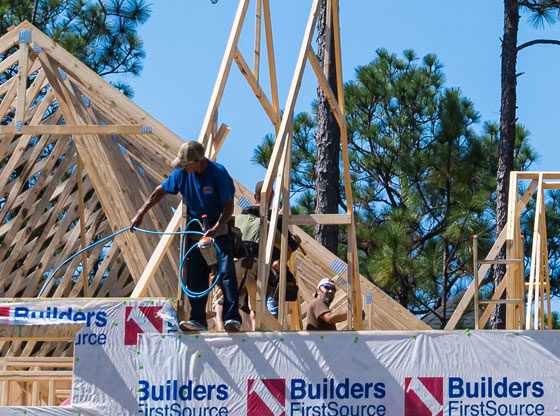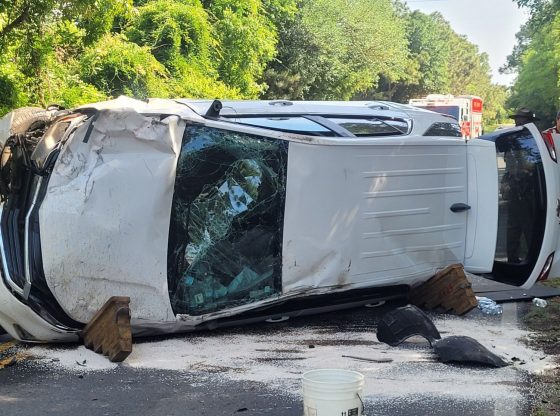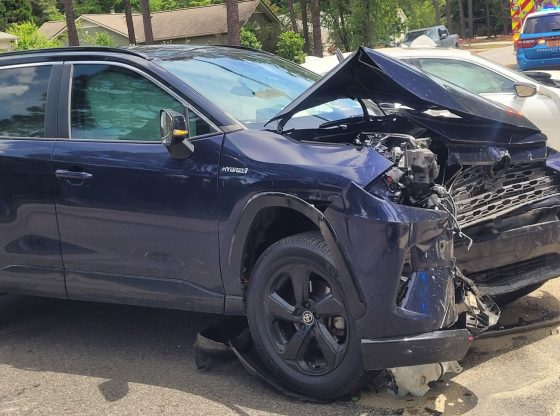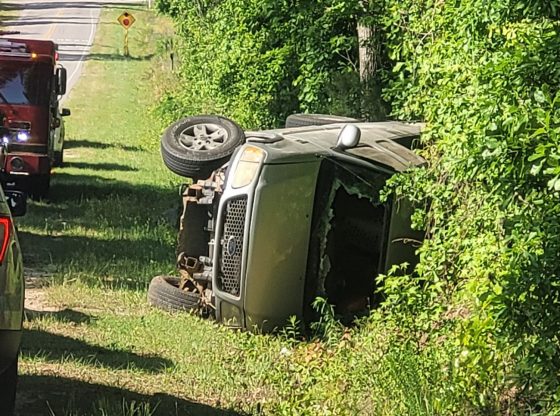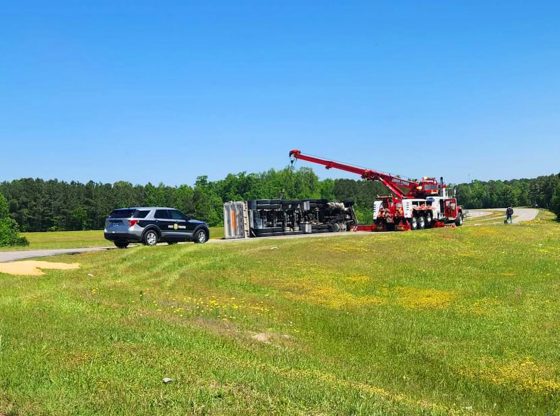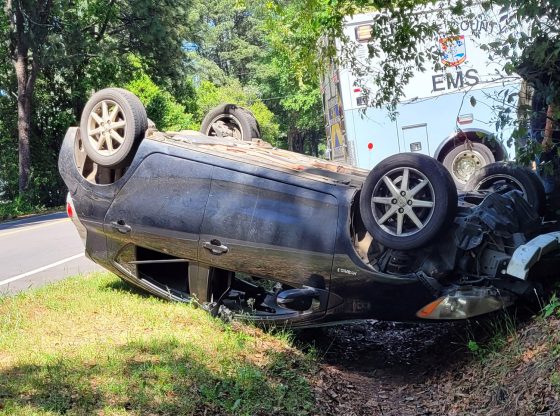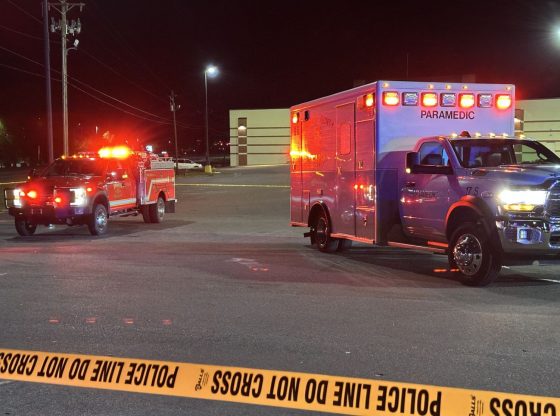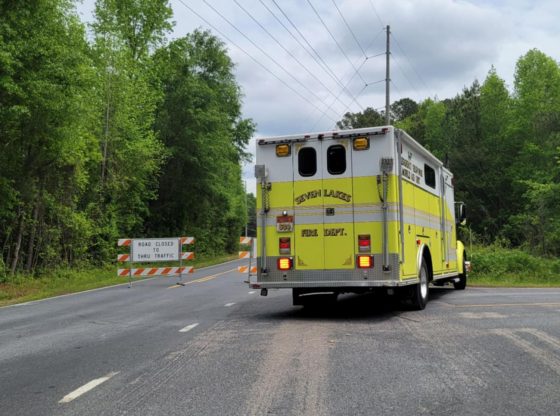Spring is here and homeowners are looking to make some improvements, but Better Business Bureau serving Eastern North Carolina (BBB) is warning of fake contractors with below-average estimates and quick turnaround times. Especially in North Carolina, where a licensed contractor is only required for projects over $30,000, it’s crucial for consumers to do their research before hiring help.
The recent BBB Risk Report ranked home improvement scams in the top ten riskiest scams for 2020 with a median dollar loss of nearly $1,200.
“We often receive reports of fly-by-night scammers in our region, which are fake contractors who show up after a natural disaster to capitalize on storm victims,” said Mallory Wojciechowski, president and CEO of BBB serving Eastern NC. “Unlike legitimate contractors, these scammers will price gouge, leave work unfinished, and vanish with money in hand before the consumer realizes what has happened.”
How the Scam Works:
Home improvement scams can start with a knock on the door, a flyer, or an ad. The contractor may offer a low price or a short timeframe. One common hook is when the scammer claims to be working in your neighborhood on another project and has leftover supplies.
Once started, a rogue contractor may “find” issues that significantly raise the price. If you object, they threaten to walk away and leave a half-finished project. Or they may accept your upfront deposit and then never return to do the job. Following a natural disaster, scammers persuade homeowners to sign over their insurance payment.
Tips for Hiring a Contractor:
Watch out for “red flags.” Say no to cash-only deals, high-pressure sales tactics, high upfront payments, handshake deals without a contract, and on-site inspections. Not all “storm chasers” are con artists, but enough are that you should be cautious any time a home contractor contacts you first…especially after a natural disaster.
Ask for references and check them out. Be leery of contractors who are reluctant to share this information. Check them out at org to see what other customers have experienced.
Always get a written contract with the price, materials and timeline. The more detail, the better.
Know the law. Work with local businesses that have proper identification, licensing and insurance. Confirm that your vendor will get related permits and make sure you know who is responsible for what according to your local laws and that your vendor is ready to comply.
Arrange a payment schedule. Never pay in full up front. Stagger your payments so your final payment is not due until the work is complete and you have fully inspected it. Do not pay cash; make sure your check is written to a company, not an individual, or that you use a credit card.
To find a trustworthy contractor for your next project, visit bbb.org to search from a list of BBB Accredited businesses.
Feature photo captured by Sandhills Sentinel Photographer John Patota.
Contributed.


